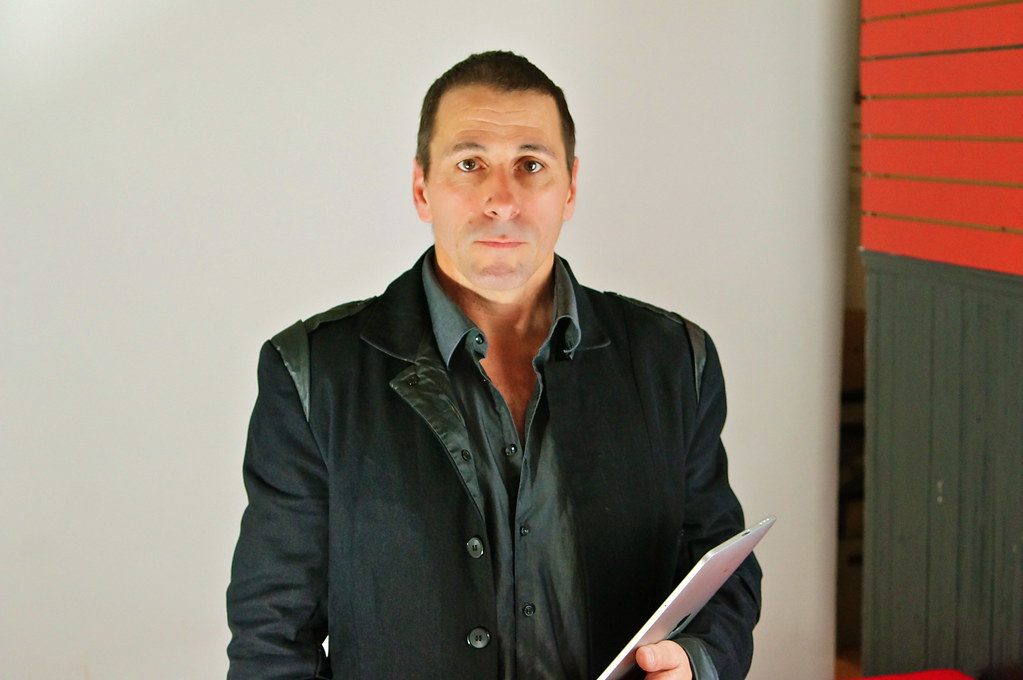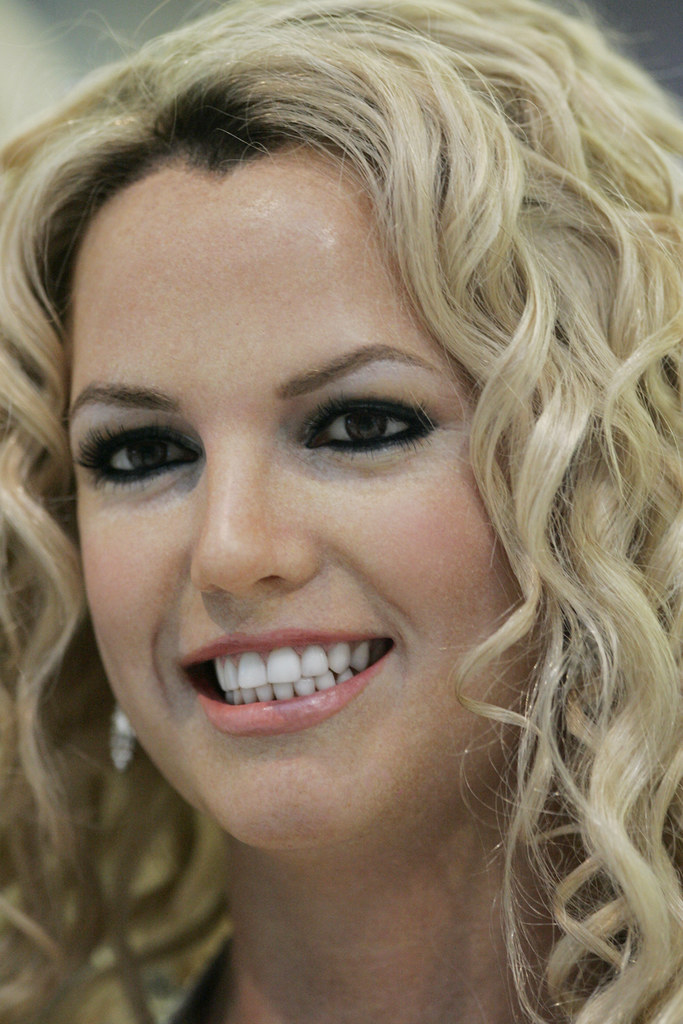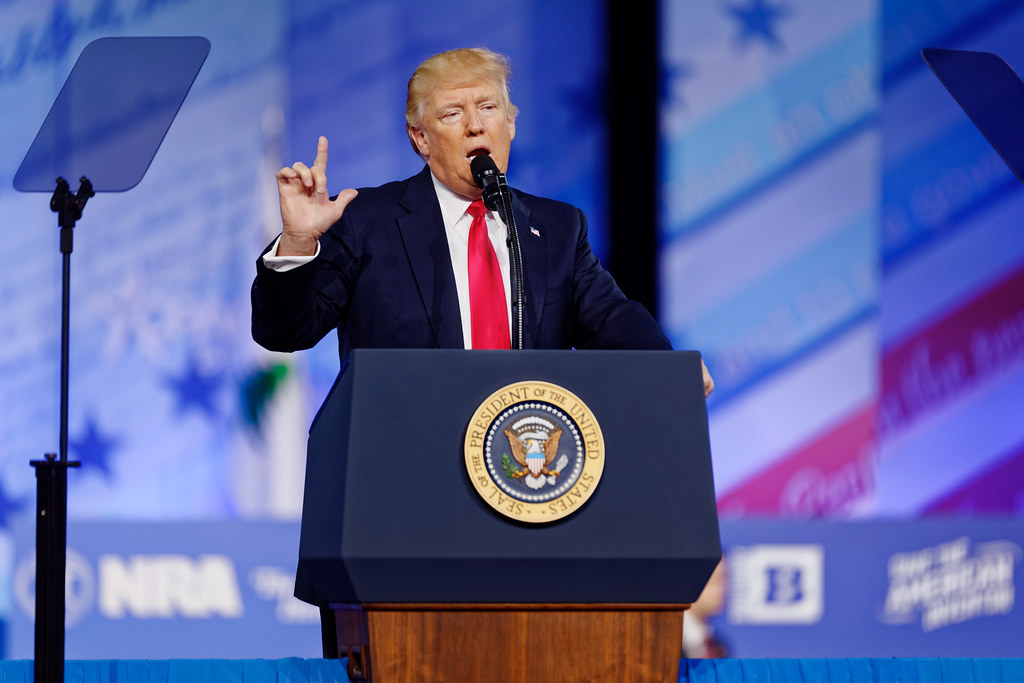
The political landscape is a dynamic and ever-shifting terrain, constantly evolving with the times. While many individuals commit to a single political party throughout their adult lives, often shaped by childhood experiences and upbringing, history shows us that conviction and circumstances can lead even the most prominent figures to reconsider their allegiances.
Indeed, the concept of switching political leanings is far from new. The past decade alone has seen significant movements, with many lifelong Republicans turning to the Democrats due to Trump’s presidency, and similarly, Democrats expressing disillusionment with Biden’s tenure. Yet, this phenomenon extends much further back, with some of America’s most recognizable and politically-adjacent personalities openly discussing their changing political views over the decades.
This article takes an insider’s look at some of these fascinating political transformations. We delve into the stories of 14 celebrities and public figures who made the significant decision to switch parties, exploring the motivations, the moments, and the profound impacts behind their choices. Prepare to uncover the complex reasons why these well-known personalities chose to cross the political aisle, sometimes more than once.
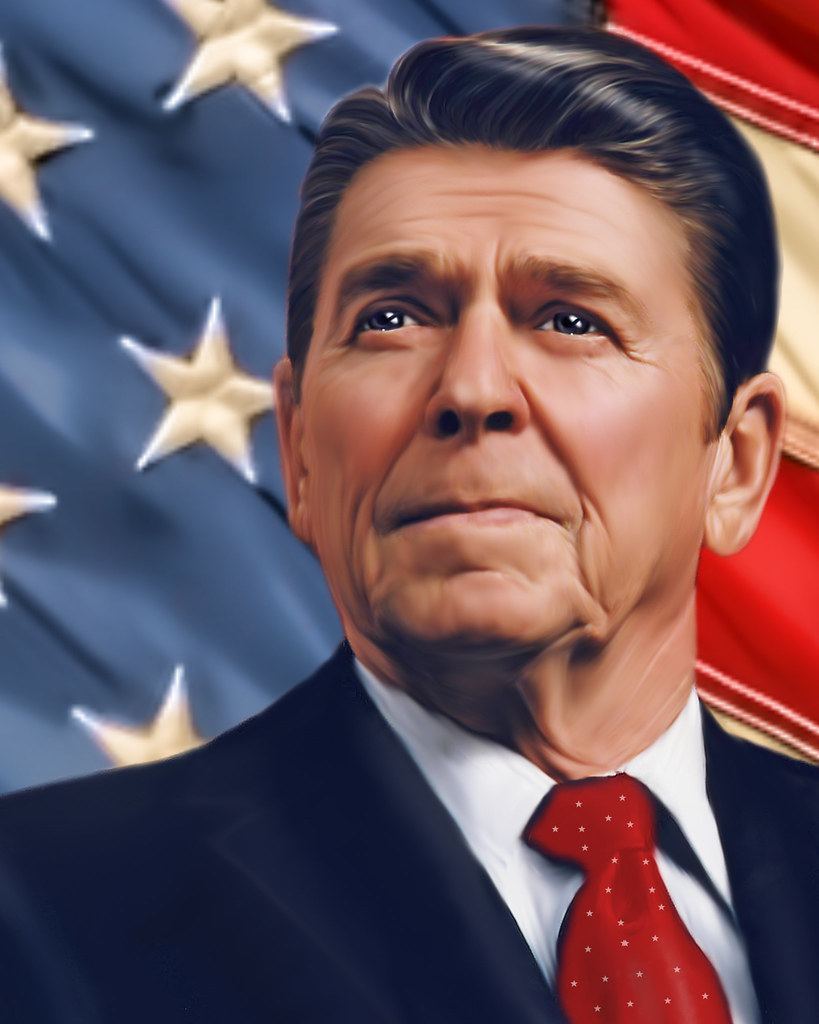
1. **Ronald Reagan: From New Deal Democrat to Conservative Icon**Ronald Reagan, who would famously become the 40th President of the United States, began his political journey firmly rooted in the Democratic Party. Throughout his early life, he consistently voted Democrat, and his early career in Hollywood saw him emerge as a union leader. He was, in fact, a staunch supporter of the New Deal, the sweeping set of domestic programs enacted during Franklin D. Roosevelt’s presidency, whom Reagan considered a “true hero.”
His affiliations were so strong that he supported Democrat Harry S. Truman in the 1948 presidential election. However, the seeds of change began to sprout in the 1950s. Per Gilder Lehrman, Reagan became increasingly conservative, a shift that marked a profound divergence from his initial liberal leanings. This ideological evolution was gradual but significant, foreshadowing the seismic political impact he would later have.
By 1952, Reagan had thrown his support behind the Republican presidential campaign of Dwight D. Eisenhower. His transformation continued, and in 1960, he backed Eisenhower’s vice president, Richard Nixon. The formal step occurred in 1962 when he officially switched parties, famously stating, “I didn’t leave the Democratic Party. The party left me.” This declaration encapsulated a sentiment shared by many who feel their original party has strayed too far from its foundational principles.
Reagan’s journey from a committed Democrat and union advocate to the leader of the conservative movement is one of the most compelling examples of political evolution in American history. His personal and ideological shifts not only redefined his own public image but also played a pivotal role in reshaping the national political discourse for generations to come, demonstrating how individual conviction can drive monumental change.

2. **Donald Trump: The Quintessential Party-Jumper**Donald Trump, another figure who eventually ascended to the presidency, holds a unique distinction on this list for his exceptionally fluid political affiliations throughout his life. His journey between parties highlights a pragmatism or perhaps a shifting ideology that few public figures openly embrace. This pattern of switching has been a consistent feature of his political identity, long before his presidential ambitions became apparent.
According to Politifact, citing the New York City Board of Elections, Trump has changed his party affiliation no fewer than five times since first registering as a Republican in Manhattan in 1987. This initial registration marked his entry into the formal political structure. However, this allegiance proved to be anything but permanent, reflecting a willingness to explore different political homes.
In 1999, he joined the Independence Party of New York, a move that suggested a search for a platform beyond the two major parties. He even became a potential candidate for the Reform Party’s presidential campaign in 2000, signaling broader political aspirations. The next year, in 2001, he registered as a Democrat, a choice that might surprise some given his later political trajectory. This period showcases his flexibility in aligning with different political camps based on perceived opportunities or ideological leanings at the time.
His return to the Republican Party in 2012 set the stage for his eventual rise to prominence within conservative circles and, ultimately, his successful presidential campaign. Trump’s history of party switching underscores a complex relationship with political identity, one that appears to prioritize a personal agenda over steadfast party loyalty. His journey is a testament to how personal political calculations can profoundly influence a public figure’s path.
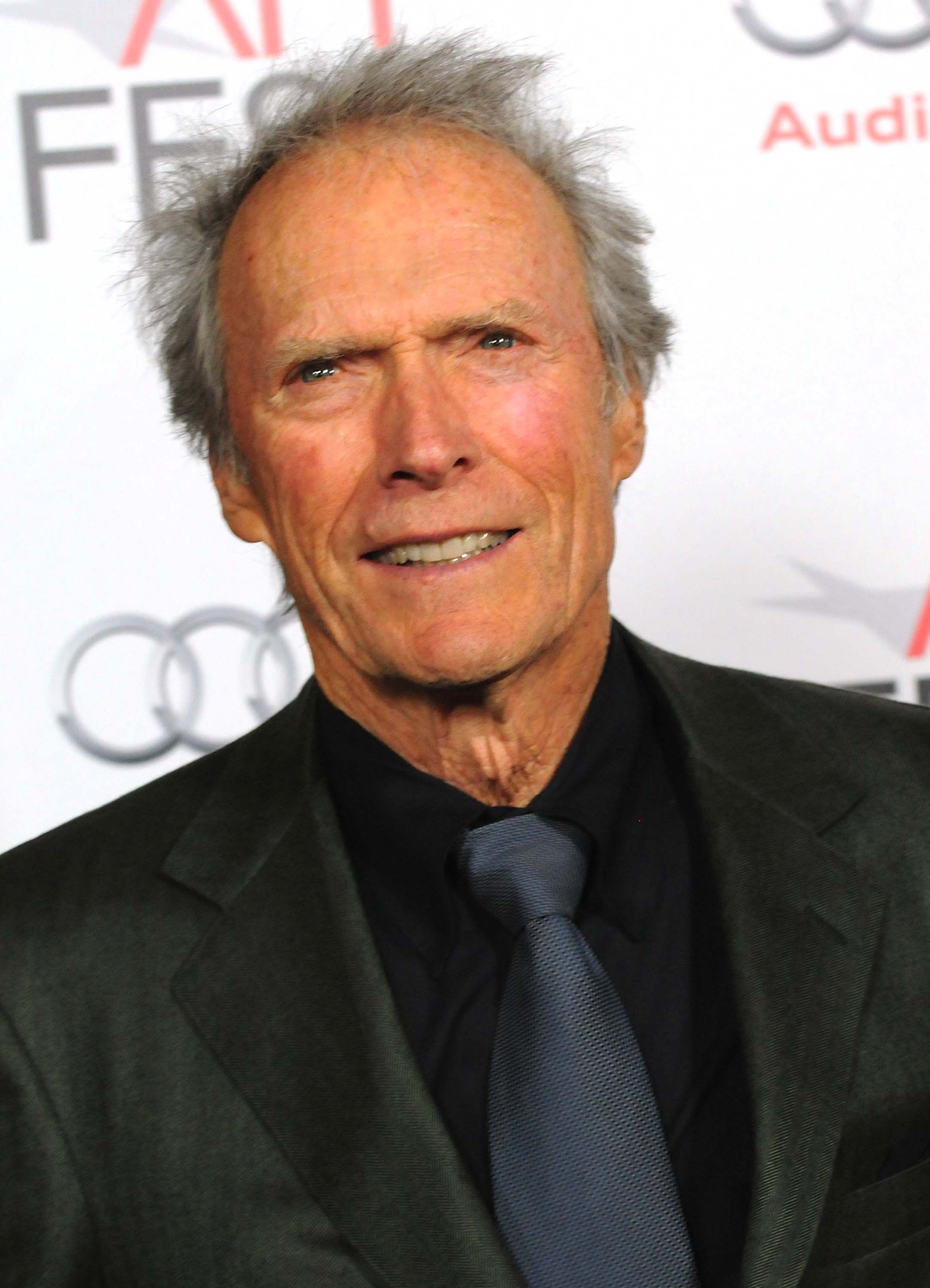
3. **Clint Eastwood: The Rugged Individualist Embraces Libertarianism**Clint Eastwood, the iconic actor and director, is widely recognized for his portrayal of rugged individualists on screen, a persona that seems to align well with his evolving political leanings. While he is broadly known as a Republican, his political journey reflects a deeper dive into philosophies that emphasize personal freedom and limited government. His initial foray into partisan politics came relatively early in his adult life.
Eastwood registered with the Republican Party specifically to vote for Dwight D. Eisenhower in 1951, indicating a clear, early preference for conservative leadership. This association with the GOP persisted for many years, solidifying his image as a right-leaning Hollywood personality, a stance that sometimes sets him apart in an industry often perceived as more liberal. However, a significant shift in his expressed ideology emerged later in his career.
In 2009, Eastwood revealed to The Guardian that he had registered as a Libertarian. This wasn’t just a casual remark; he elaborated on his reasons, explaining, “I like the philosophies. The Libertarian party is nothing and they don’t have any candidates.” This statement highlights a common challenge for third parties: their ideas might resonate, but their practical political power is often limited.
Despite the Libertarian Party’s electoral struggles, Eastwood found its core principles deeply appealing. He articulated his belief: “But I do believe if we just leave everybody alone, quit trying to think of ways to run everybody else’s life, maybe we’d be better off. It may be impractical. It may be obsolete, that kind of thinking.” His words reflect a classic Libertarian stance, advocating for minimal governmental interference in both economic and personal spheres, a philosophy that clearly resonated with his strong sense of individualism.
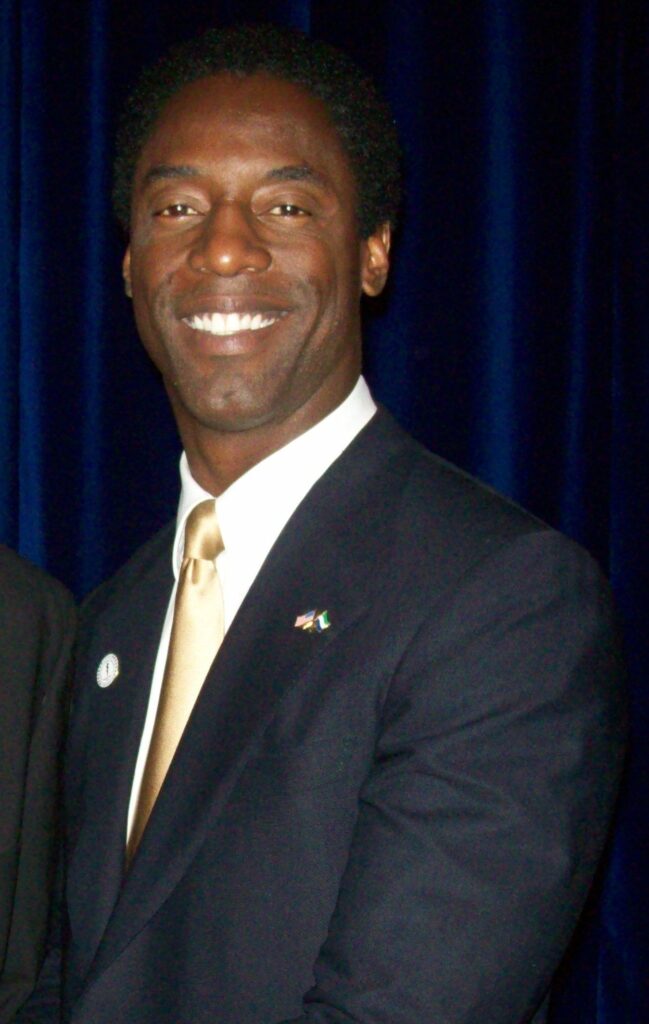
4. **Isaiah Washington: ‘Walking Away’ from the Democratic Party**Isaiah Washington, known for his role in the hit series ‘Grey’s Anatomy,’ openly articulated his decision to “walk away” from the Democratic Party, a move that garnered significant attention. His shift was not merely a quiet change of registration but a vocal statement about his disillusionment and a deliberate choice to support former President Donald Trump. This public declaration showcased a personal conviction that outweighed traditional party loyalty.
Washington explained his rationale in an interview on Fox Nation’s ‘Nuff Said,’ detailing a long-standing frustration with the party he had once aligned with. He stated, “If I look at the political image of the Democratic Party over the last 50 years of my life since I was 5, and very little has changed for my community, then I have some questions — more than questions.” This powerful statement underscored a feeling that the party had failed to deliver tangible progress for his demographic, prompting a reevaluation of his political home.
He recognized the gravity of his decision, acknowledging that “Walking away… is a sacrifice, it’s a risk, and there’s a penalty for it.” Such a move, especially for a public figure, can invite scrutiny and criticism, yet Washington emphasized his personal journey of discovery. He added, “I don’t know where I’m going, but I know where I come from,” indicating a clear break from his past political identity driven by a search for more effective representation.
His decision highlights a broader trend among some voters who, despite historical allegiances, seek alternatives when they perceive a lack of progress or a disconnect between party promises and real-world outcomes. Washington’s narrative is a compelling example of an individual prioritizing perceived community benefit and personal principle over inherited political loyalties, even when it means facing potential backlash.

5. **Charlton Heston: The Civil Rights Advocate’s Conservative Turn**Charlton Heston, a legendary actor synonymous with epic roles, also underwent a significant political transformation during his lifetime. Interestingly, Heston initially gained a reputation for his progressive stances, particularly regarding civil rights. He was not just a passive supporter but an active participant in one of the most defining moments of the Civil Rights Movement: the 1963 March on Washington.
This early activism placed him squarely within the liberal wing of the American political spectrum, aligned with the Democratic Party’s then-prevailing positions on social justice. However, as the political landscape evolved, so too did Heston’s views. His shift towards conservatism was a gradual process, but it became notably pronounced before the 1968 election of Richard Nixon, as reported by the Saturday Evening Post.
His embrace of more conservative values marked a clear departure from his earlier progressive leanings. This change reflected a broader realignment happening in American politics during the mid-to-late 20th century, where many individuals reevaluated their political identities in response to changing social and cultural norms. Heston’s journey illustrates how personal experiences and evolving perspectives can lead an individual to reconsider their political alignment, even after being strongly associated with a particular ideology.
Ultimately, Heston’s transformation from a civil rights-supporting Democrat to a prominent conservative voice demonstrated the complex interplay of personal conviction and historical context in shaping one’s political path. His story serves as a reminder that political identity is not always static, even for those deeply engaged in public life and significant social movements, and that individuals can find new homes for their beliefs as their understanding of the world changes.
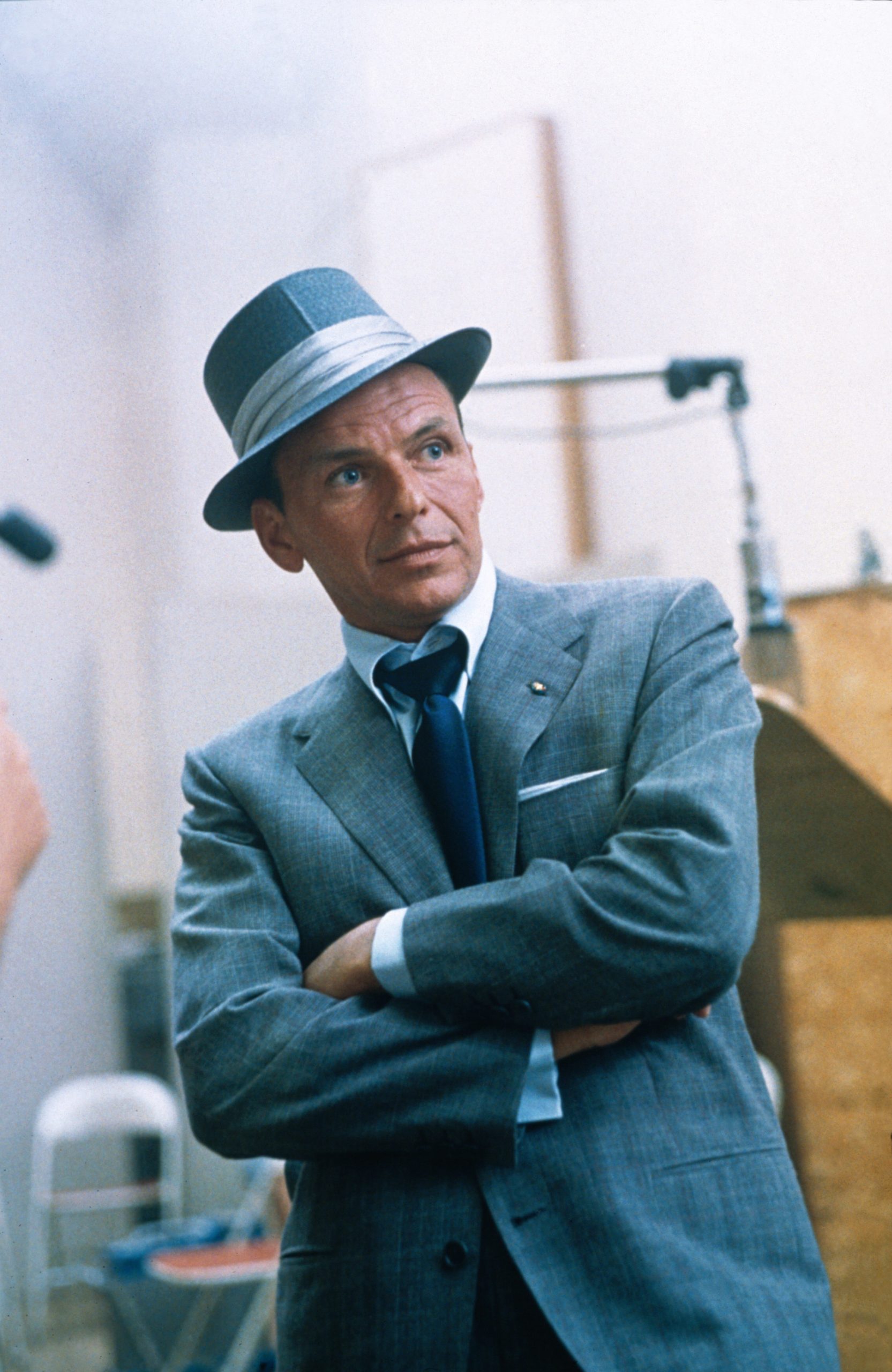
6. **Frank Sinatra: The Crooner’s Political Heartbreak**Frank Sinatra, the iconic singer whose voice defined an era, was a fervent Democrat during the early part of his career. His commitment to the party was not merely nominal; according to The Daily Beast, he was a vocal supporter and actively campaigned for Democratic candidates in the 1944 elections. This period saw him as a prominent figure lending his considerable star power to the liberal cause.
Sinatra was also a staunch supporter of John F. Kennedy, a relationship that epitomized the glamour and intertwining of Hollywood and Washington in the early 1960s. Their association was well-known, with Sinatra deeply invested in Kennedy’s political success and vision for America. This strong personal and political bond seemed unshakeable, cementing his image as a loyal Democratic ally.
However, this allegiance suffered a dramatic turn. The catalyst for Sinatra’s eventual shift towards the right was allegedly a personal snub from the former president. Following this rumored slight, Sinatra’s enthusiasm for the Democratic Party waned considerably. By the 1970s, his political leanings had begun to drift, moving steadily towards conservative ideologies.
This personal disillusionment culminated in a full endorsement of Ronald Reagan, his former Hollywood colleague who had also transitioned from Democrat to Republican. Sinatra’s story provides a unique insight into how personal relationships and perceived slights, even at the highest echelons of power, can significantly influence a public figure’s political allegiance. It demonstrates that for some, loyalty is as much about personal connection as it is about ideology.
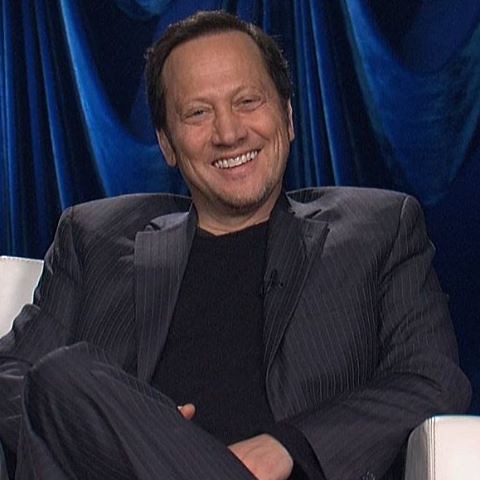
7. **Rob Schneider: From Lifelong Democrat to Independent Conservative**Rob Schneider, the comedian and actor, embarked on a notable political journey from identifying as a “lifelong Democrat” to a self-described independent with strong conservative leanings. His shift was publicly articulated in 2013, driven by a profound dissatisfaction with the political direction and governance of his home state, California. This disillusionment served as a critical turning point for his political identity.
Schneider explicitly told The Blaze, “The state of California is a mess, and the super majority of Democrats is not working. I’ve been a lifelong Democrat and I have to switch over because it no longer serves the people of this great state.” This statement vividly captures his rationale: a belief that the prevailing Democratic policies were failing the citizenry, compelling him to seek an alternative political framework.
While he now identifies as an independent voter, Schneider has openly stated that he is “definitely more conservative.” He articulated his core principle by saying, “I’m against any form of taking away people’s rights.” Interestingly, he also observed that while the right-wing used to be more likely to infringe on individual rights, he now perceives that tendency as having shifted to liberals, offering a nuanced perspective on his evolving political thought.
His recent endorsements further illustrate his rightward trajectory. Last June, he initially supported Robert Kennedy Jr., who was challenging President Biden in the Democratic primaries. When Kennedy later suspended his campaign and endorsed Donald Trump, Schneider followed suit, urging others to “OPPOSE TYRANNY and join us and VOTE FOR DONALD J. TRUMP FOR PRESIDENT OF THE UNITED STATES OF AMERICA” via X. This series of endorsements highlights his strong conservative convictions and his active engagement in contemporary political discourse, demonstrating a clear and consistent alignment with a particular political philosophy.” , “_words_section1”: “1948
The fluidity of political identity is a fascinating aspect of public life, especially when it involves well-known personalities. Building on the insights from the initial set of transformations, we continue our deep dive into the complex journeys of seven more celebrities who boldly redefined their political homes, exploring the specific reasons and broader impacts of their evolving views.

8. **Ana Navarro: The Republican Strategist’s Democratic Embrace**Ana Navarro, a prominent political analyst, has long been recognized as a Republican strategist with deep-seated ties to the party. Her public persona was firmly established within conservative commentary, making her a familiar face on news channels discussing Republican viewpoints and policies. This association consistently framed her political identity for years.
However, in recent times, Navarro has demonstrated a notable shift in her political support, expressing far more favorable views towards Democratic candidates. This evolution is particularly evident in her public backing of figures like Kamala Harris, marking a significant departure from her traditional Republican alignments. Her changing stance has become a topic of considerable discussion among political observers.
Further underscoring this shift, Navarro even took on a prominent role by hosting on day two of the Democratic National Convention, per EW. This active participation in a major Democratic event served as a clear signal of her willingness to cross party lines and lend her influence to the opposition, illustrating a profound personal reevaluation of her political allegiances.
Navarro’s transformation from a staunch Republican voice to a more bipartisan, often Democrat-leaning, commentator highlights the personal and ideological challenges that can lead even established party figures to reconsider their positions, especially in times of political upheaval. Her journey reflects a willingness to prioritize perceived principles over traditional party loyalty.
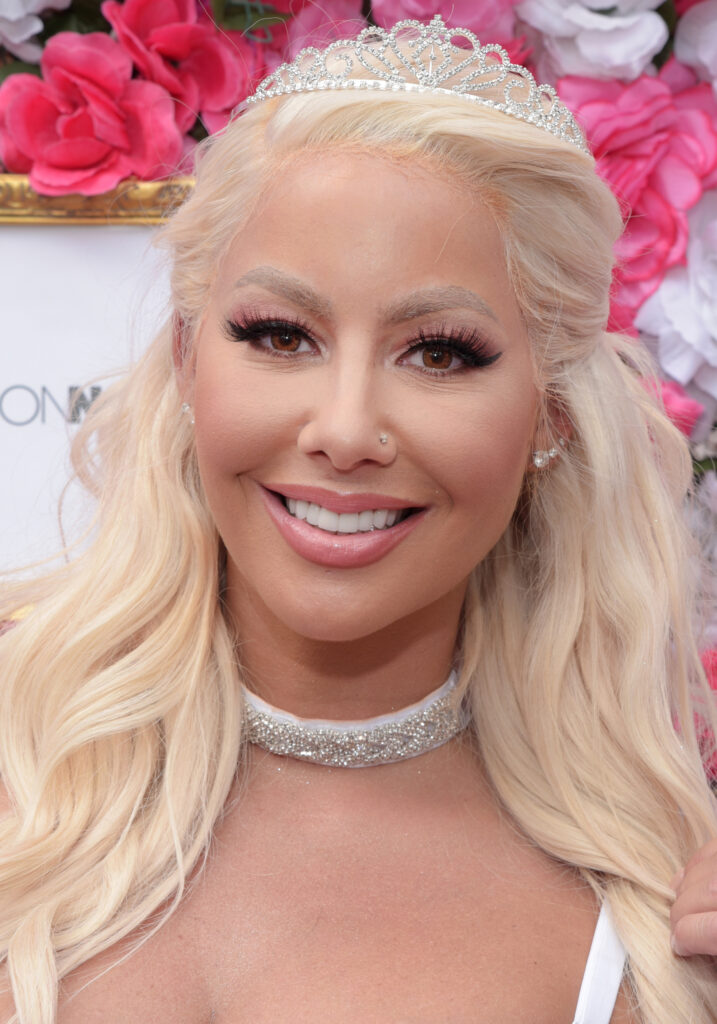
9. **Amber Rose: From Obama Supporter to Trump Endorser**Amber Rose, a staunch advocate for women’s rights and a vocal public figure, once celebrated the re-election of Barack Obama, aligning herself with progressive causes and Democratic ideals. Her early political expressions positioned her within a distinctly liberal camp, resonating with many of her followers and public peers. This initial stance suggested a clear and consistent political direction for the model and activist.
However, Rose’s political tune underwent a significant change, leading her to publicly endorse Donald Trump. This surprising shift culminated in her appearance at the Republican National Convention, where she stood at the podium, a stark contrast to her previous political engagements. Such a dramatic pivot garnered widespread attention and sparked considerable debate.
Interestingly, before his 2016 presidential win, Amber Rose had openly criticized Trump, going so far as to call him “such an idiot.” Her subsequent endorsement, therefore, not only marked a change in party affiliation but also a notable reevaluation of her personal opinion regarding the former president. This illustrates the complex interplay of personal conviction and evolving public figures’ views.
Amber Rose’s journey through the political landscape underscores that celebrity endorsements can be as unpredictable as they are impactful. Her move from a celebratory Obama supporter to a Trump endorser highlights the sometimes-surprising ways individuals navigate their political identities, reflecting a readiness to change course based on personal reflections or new perspectives.
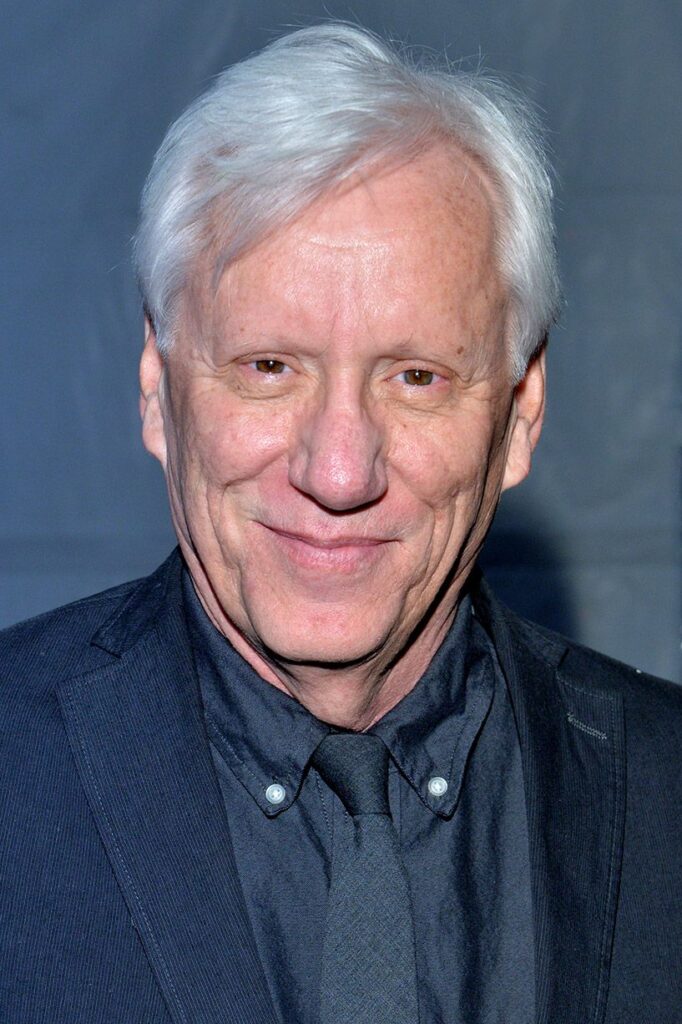
10. **James Woods: The Clinton Impeachment Catalyst**James Woods, the acclaimed actor known for roles in classics like ‘Videodrome’ and ‘Casino,’ revealed that he was a registered Democrat for a significant portion of his voting life. This initial political alignment placed him within the mainstream liberal framework, a common affiliation for many in Hollywood. His early years were seemingly anchored in the Democratic Party’s principles.
However, Woods’ allegiance experienced a definitive break following the impeachment of Bill Clinton. He articulated his disillusionment by stating, “Every single Democrat without exception stood behind a convicted perjurer. That was the end.” This moment served as a critical turning point, leading him to abandon his lifelong Democratic registration due to a perceived lack of moral accountability within the party.
Though now a registered Independent, Woods has emerged as one of Hollywood’s most outspoken conservatives, consistently expressing right-leaning tendencies. In a 2018 tweet, he elaborated on his journey: “I was a registered Democrat for the greater portion of my voting life. The #Clintons cinched it for me. I was an #Independent through the Bush years. Obama was an eight year blank. The hatred and violence the @Democrats now promote convince me I was right to #WalkAway…”
James Woods’ political metamorphosis exemplifies how a singular, impactful event can trigger a fundamental reevaluation of one’s party loyalty. His outspoken commentary and firm conservative stance demonstrate a deeply felt conviction that led him to publicly distance himself from the party he once championed, finding a new political home in independent and conservative thought.
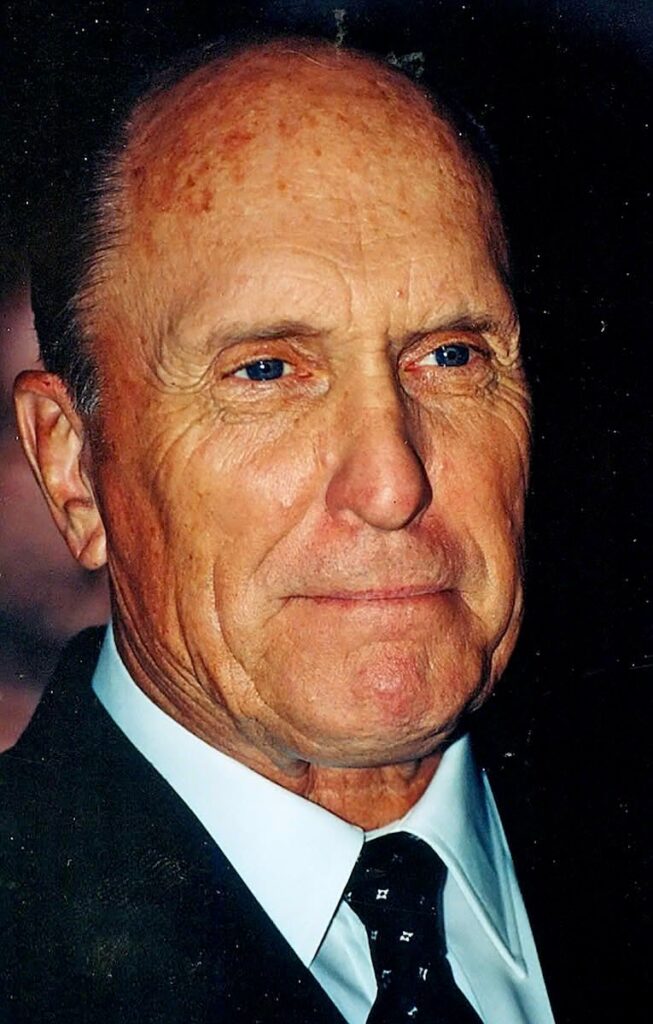
11. **Robert Duvall: A Republican Dissatisfied with the Party**Robert Duvall, the revered actor from ‘The Godfather’ and ‘Lonesome Dove,’ was a long-time conservative, historically aligned with the Republican Party. His public image and the characters he often portrayed seemed to resonate with a traditional, right-leaning sensibility, solidifying his association with conservative ideals for many years. His commitment to these principles was well-established.
However, Duvall’s steadfast Republican identity began to waver around 2014. In an interview with The Daily Beast, he openly expressed his disillusionment, stating that the “Republican Party is a mess” and indicating a strong likelihood that he would vote Independent in future elections. This revelation signaled a significant crack in his long-standing party loyalty.
Duvall’s political views are marked by a nuanced perspective rather than a simple party label. While he believes in America “with all its faults,” he also criticized what he called “some of the bleeding-heart left-wing, extreme left-wing,” distinguishing them from traditional liberals. His commentary suggests a search for principles beyond strict partisan adherence, focusing on what he perceives as practical truth.
Further demonstrating his complex viewpoints, Duvall critically commented on the Democratic Party’s historical record on race during the Civil Rights Era, asserting that “all the atrocities in the South were committed by the Democratic Party.” Yet, he also stated, “I believe in a woman’s choice,” indicating a blend of conservative and liberal positions. His evolution underscores a personal quest for political truth that transcends rigid party dogma.

12. **Lindsay Lohan: A Journey Through Shifting Political Sands**Lindsay Lohan, the star of ‘Mean Girls,’ has navigated a particularly inconsistent path when it comes to her political allegiances. Her public statements and endorsements have shown a willingness to pivot, often in surprising directions, making her political leanings difficult to categorize. This fluidity reflects a dynamic engagement with the political landscape.
During the 2008 presidential campaign, Lohan initially aligned with Democratic candidate Barack Obama, even offering to assist his campaign. She later penned a blog post fiercely criticizing Republican vice-presidential candidate Sarah Palin, labeling her a “narrow-minded, media-obsessed homophobe” and openly expressing her environmental concerns, placing her firmly in the liberal camp at the time.
However, this progressive alignment did not last. By 2012, Lohan had shifted her support to Republican presidential nominee Mitt Romney. In a further surprising turn, in 2017, she took to Twitter to defend President Trump, urging her followers to “Stop bullying him and start trusting him.” This series of public endorsements showcases a remarkable oscillation in her political views.
Lohan’s ever-changing political stance illustrates how personal experiences, public sentiment, and individual reflection can lead a public figure to embrace vastly different ideologies over time. Her journey is a compelling example of a celebrity whose political identity remains in constant flux, defying simple categorization and reflecting a deeply personal, if sometimes contradictory, engagement with politics.
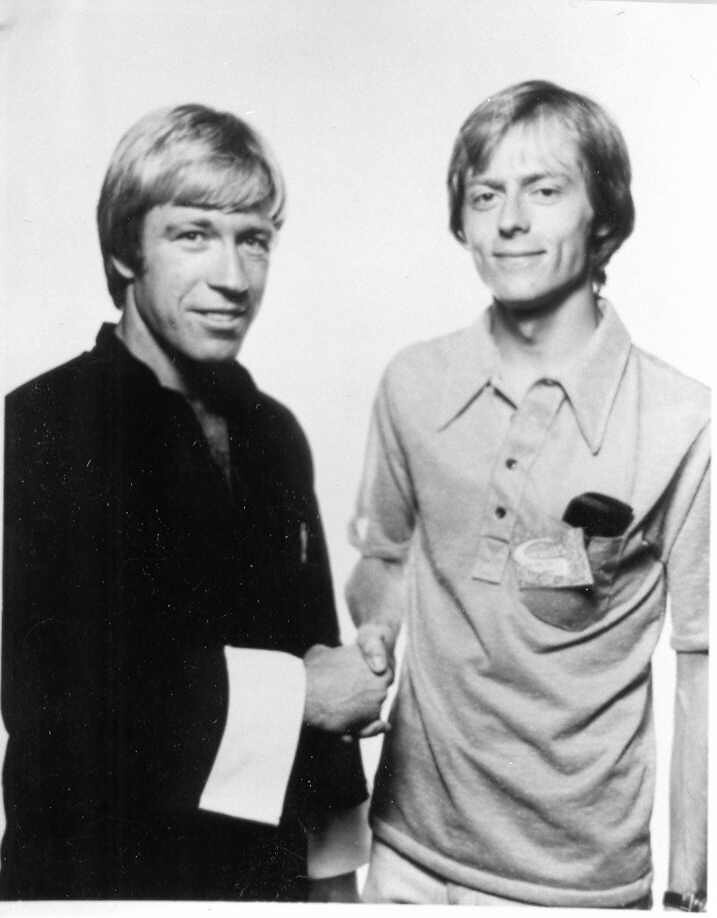
13. **Chuck Norris: From Democrat to Staunch Conservative**Chuck Norris, the beloved martial artist and actor, revealed in a 2014 interview that he was once a Democrat. This initial affiliation places him within a political tradition that many might find surprising given his later public persona. His early political identity was seemingly rooted in the Democratic Party’s principles.
However, Norris articulated a clear reason for his departure, stating that the Democratic Party “went too far to the left.” He explained that his views evolved, leading him to conclude that “Republicans, at this point in time, are more focused on what’s best for America.” This ideological divergence prompted his reevaluation and subsequent shift.
The actor’s journey from a Democrat to a vocal Republican is a testament to how personal political philosophies can evolve over time, particularly in response to perceived ideological shifts within parties. He noted that what Democrats believed 40 years prior, Republicans now believe, signaling a fundamental change in the political landscape that influenced his own alignment.
Norris now consistently endorses Republican candidates and contributes a regular column to the right-wing publication WorldNetDaily, solidifying his image as a prominent conservative voice. His transformation is a powerful example of an individual whose core beliefs led him to find a new political home that he felt better represented his vision for the country.
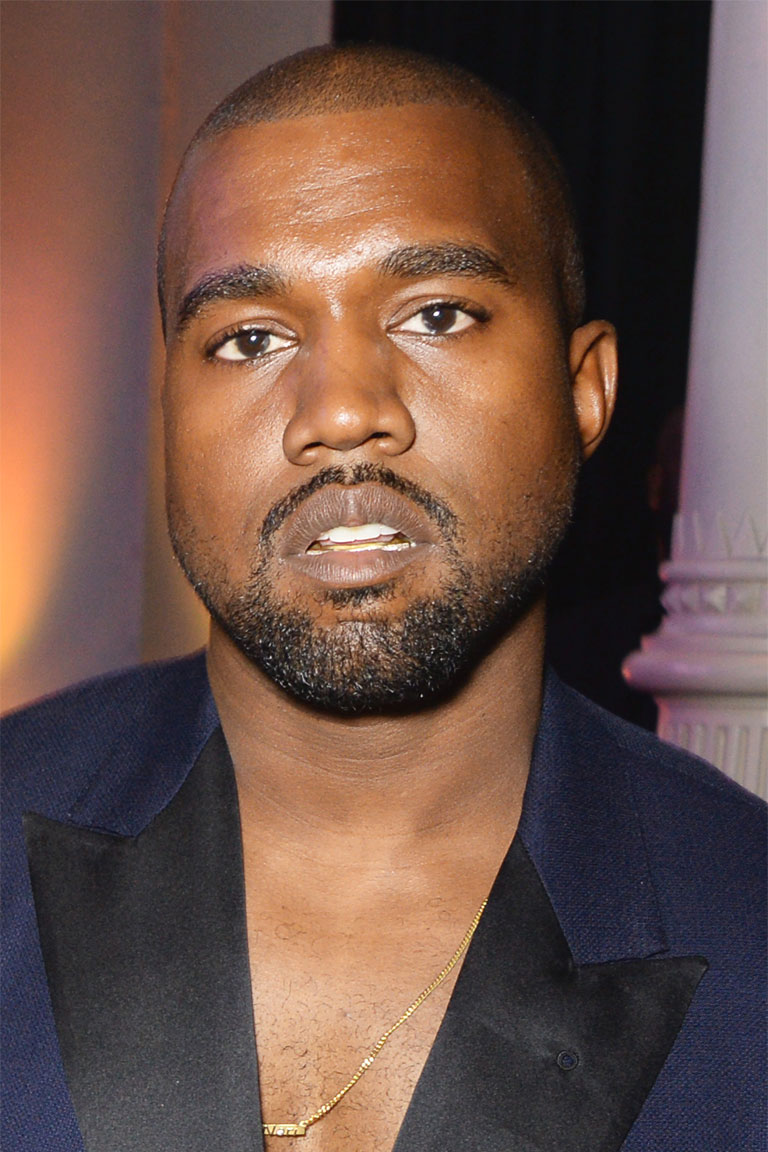
14. **Kanye West (Ye): The Controversial Political Chameleon**Kanye West, or Ye, has perhaps the most unpredictable and, at times, troubling political affiliations among public figures. His journey through the political landscape has been marked by significant, and often controversial, shifts that have captivated and confused observers alike. His political identity has rarely remained static for long.
Initially, Ye positioned himself as a critic of Republican leadership, famously opposing George W. Bush Jr. He later endorsed Barack Obama, with whom he subsequently experienced a period of public disagreement. These early engagements hinted at a passionate, albeit sometimes erratic, approach to politics, demonstrating a willingness to challenge established figures.
More recently, Ye’s political leanings have moved dramatically to the far right. This shift saw him openly co-signing Donald Trump and, controversially, associating with white supremacists. These actions have been met with widespread criticism and have further complicated his already complex public image, redefining his political standing in the eyes of many.
Despite these shifts, during the 2020 elections, Ye embarked on an Independent presidential campaign, further illustrating his unconventional approach to politics. His political evolution is one of the most talked-about and perplexing among public figures, demonstrating a journey across the political spectrum driven by deeply personal beliefs, and often, by profound and public controversy.
The narratives of these 14 public figures clearly demonstrate that political allegiance is not a static concept for everyone. Whether driven by evolving personal philosophies, disillusionment with party direction, or the influence of personal relationships, these celebrities remind us that the journey of political identity can be as complex and unpredictable as life itself. Their willingness to cross the aisle, sometimes more than once, provides a compelling lens through which to understand the ever-changing tides of American politics and the deep conviction that often underpins such monumental decisions. It’s a reminder that beneath the glitz and glamour, political beliefs run deep, shaping careers and public perception in profound ways.

